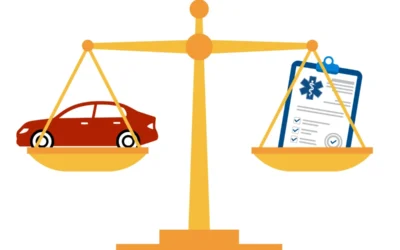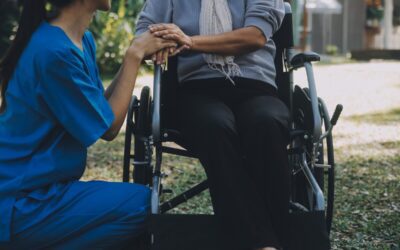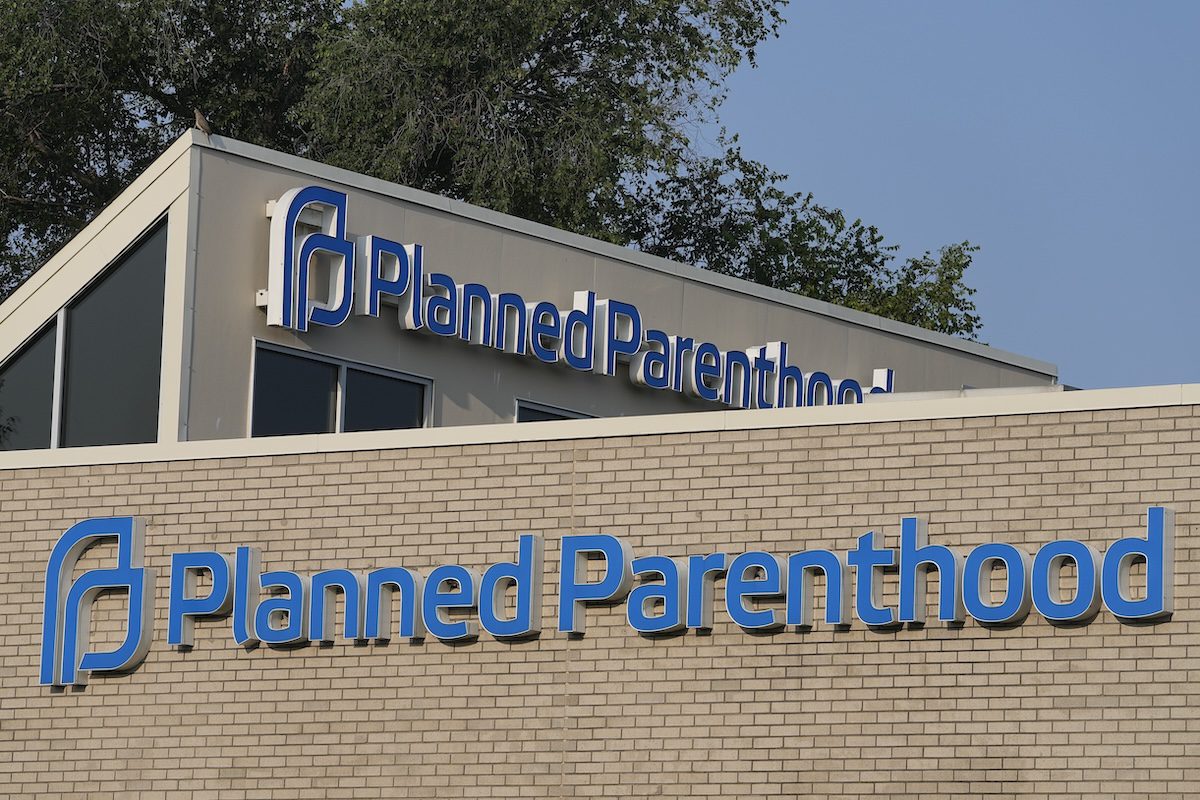
(AP Photo/Darron Cummings, File)
The ruling authored by Justice Neil Gorsuch and joined by the rest of the court’s conservatives could have broader implications for Medicaid patients because it blocks them from suing to make sure they can visit the provider they choose.
WASHINGTON (AP) — A divided Supreme Court allowed states to cut off Medicaid money to Planned Parenthood in a ruling handed down Thursday amid a wider Republican-backed push to defund the country’s biggest abortion provider.
The 6-3 opinion comes in a case that wasn’t directly about abortion. It’s instead about Medicaid funding for other health care services Planned Parenthood provides, like contraception, cancer screenings and pregnancy testing.
The ruling authored by Justice Neil Gorsuch and joined by the rest of the court’s conservatives could have broader implications for Medicaid patients because it blocks them from suing to make sure they can visit the provider they choose.
Public health care money generally can’t be used to pay for abortions. Medicaid patients go to Planned Parenthood for other needs in part because it can be tough to find a doctor who takes the publicly funded insurance, the organization has said.
South Carolina’s Republican governor says no taxpayer money should go the organization. The budget bill backed by President Donald Trump in Congress would also cut Medicaid funding to Planned Parenthood. That could force the closure of about 200 centers, most of them in states where abortion is legal, the organization has said.
Gov. Henry McMaster first moved to cut off Medicaid funding to Planned Parenthood in 2018 but was blocked in court after a lawsuit from a patient named Julie Edwards. Edwards wanted to keep going there for birth control because her diabetes makes pregnancy potentially dangerous, so she sued over a provision in Medicaid law that allows patients to choose their own qualified provider.
South Carolina, though, argued that patients shouldn’t be able to file those lawsuits. The state pointed to lower courts that have been swayed by similar arguments and allowed states such as Texas to block Medicaid funding from Planned Parenthood.
The high court majority agreed. “Deciding whether to permit private enforcement poses delicate policy questions involving competing costs and benefits — decisions for elected representatives, not judges,” Gorsuch wrote.
In a dissent joined by her liberal colleagues, Justice Ketanji Brown Jackson said the ruling is “likely to result in tangible harm to real people.”
“It will strip those South Carolinians — and countless other Medicaid recipients around the country — of a deeply personal freedom: the ‘ability to decide who treats us at our most vulnerable,'” she wrote.
Public health groups like the American Cancer Society said in court papers that lawsuits are the only real way that Medicaid patients have been able to enforce their right to choose their own doctor. Losing that right would reduce access to health care for people on the program, which is estimated to include one-quarter of everyone in the country. Rural areas could be especially affected, advocates said in court papers.
In South Carolina, $90,000 in Medicaid funding goes to Planned Parenthood every year, a tiny fraction of the state’s total Medicaid spending. The state banned abortion at about six weeks’ gestation after the high court overturned it as a nationwide right in 2022. The state says other providers can fill a health care void left by Planned Parenthood’s removal from Medicaid.

Congress gifts higher premiums to more than 300,000 Wisconsinites
By Judith Ruiz-Branch Heading into the holidays, hundreds of thousands of Wisconsinites will be burdened with wondering if they will be...
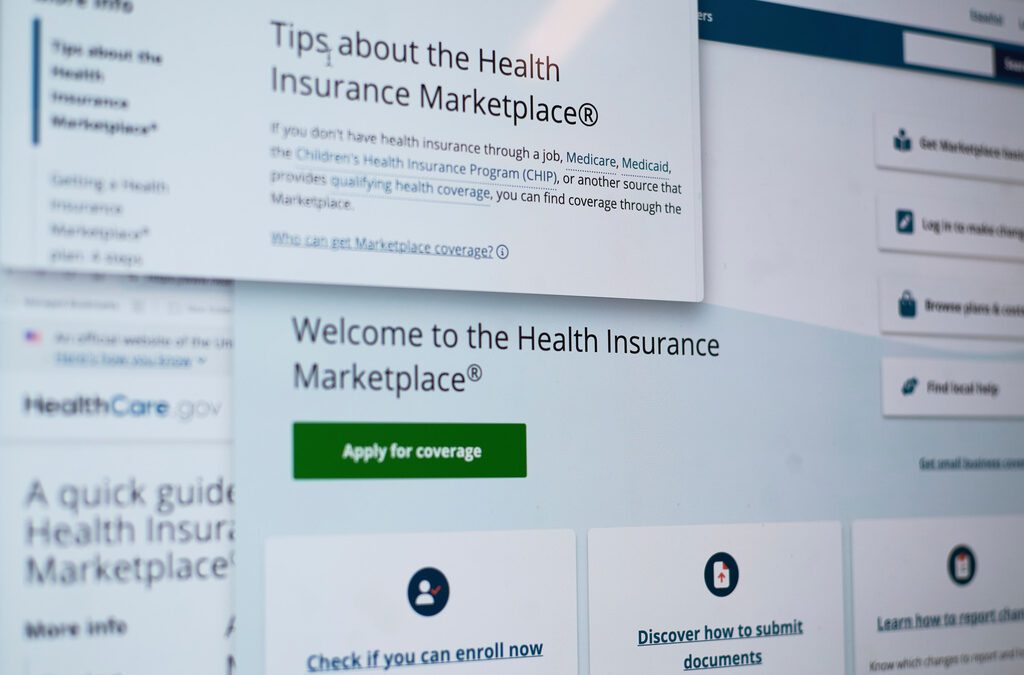
OPINION: Without the ACA Premium Tax Credit, my family’s health coverage is at risk
Like so many other working families, I don’t know what my family would do without the Affordable Care Act (ACA) premium tax credits. As these...
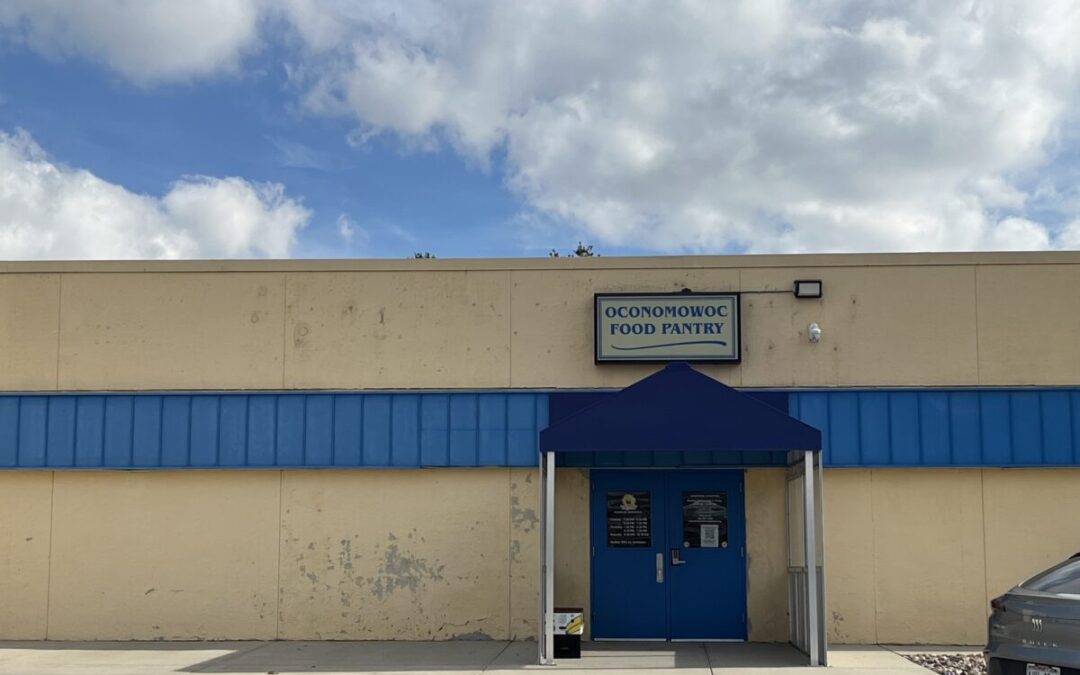
How to support Wisconsin residents as SNAP funding disappears
As the nation remains in a government shutdown, food assistance programs in Wisconsin are feeling the effects. FoodShare, Wisconsin’s federal...

October is Breast Cancer Awareness Month. Here’s how you can help in Wisconsin
It's Breast Cancer Awareness Month. Here's how you can help fight for a cure throughout Wisconsin. October is globally recognized as Breast Cancer...


